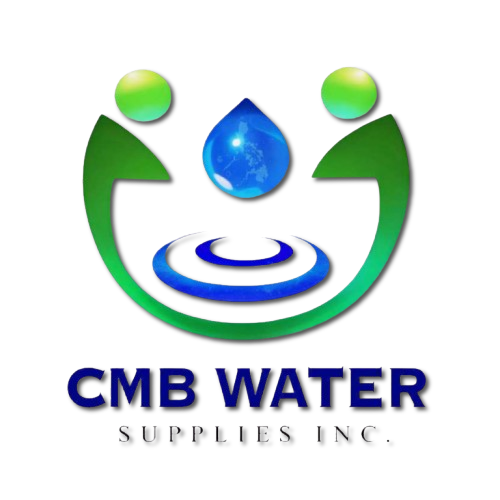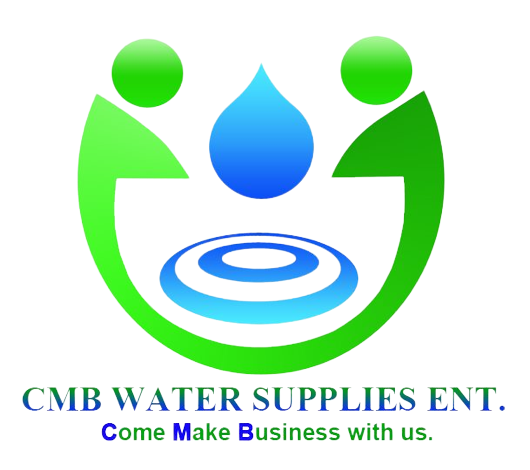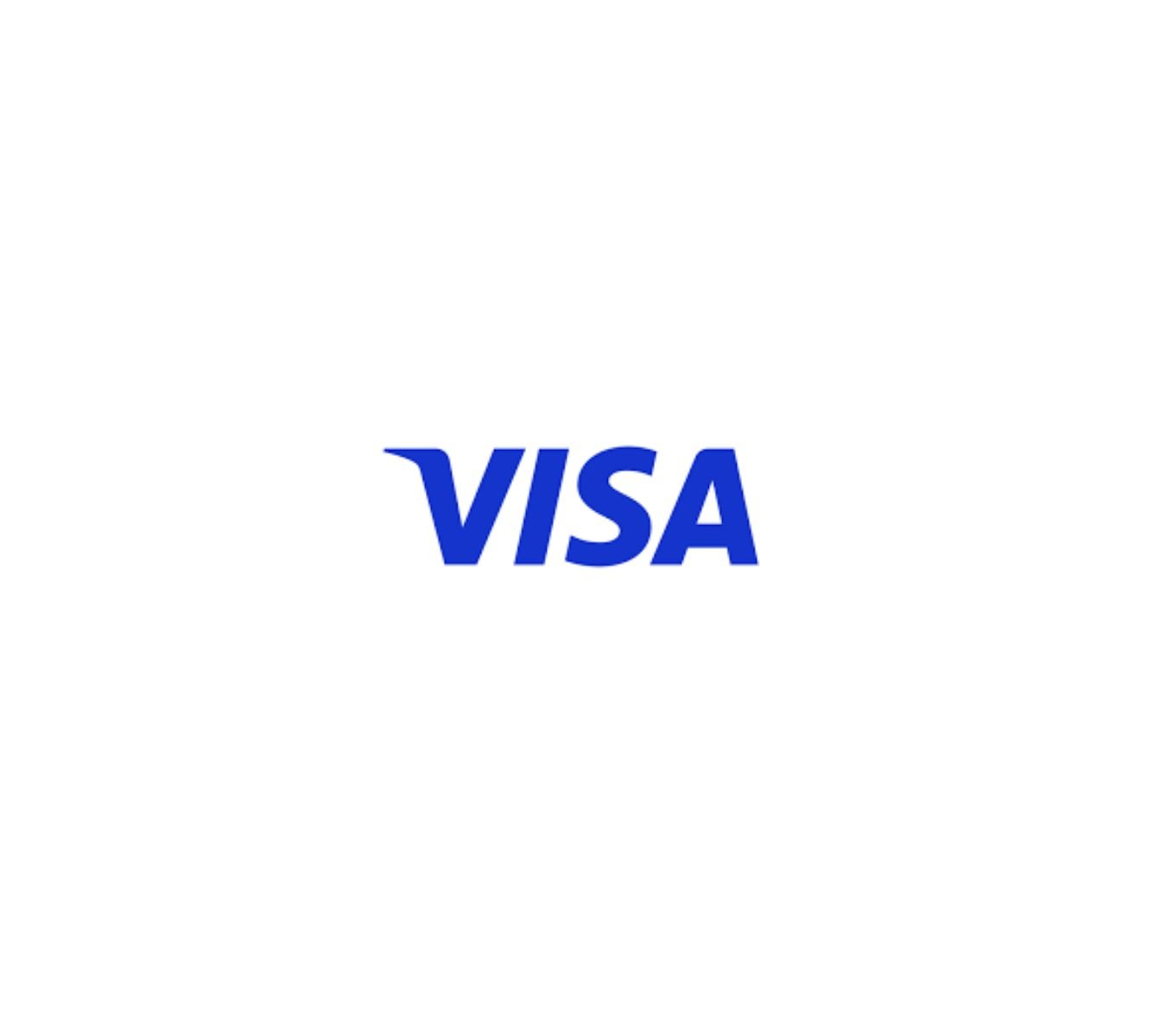


CMB Water Supplies Incorporated has always been at the forefront in terms filtered water equipment, it's supply and installation and will continue being in this field on the next several years to come. Founded by an individual who has a vision for success, started the company with one goal in mind: To be able to provide excellent service in terms of supply and installation of these water treatment facilities and machineries. Today, CMB Water Supplies Incorporated has already served several customers including aspiring and current water business owners in different parts of Luzon and has been already planning to expand itself in the whole country providing not just good quality service but also establishing business partnerships with each and every client it meets. CMB is also the pioneer in centralized filtration systems which makes it your best choice today for your water needs.
Visualize your ideal water station business. Consider what makes it unique and successful. Set clear, achievable goals for what you want to accomplish with your business.
A. Assess Your Capabilities:
Before starting any business, it is crucial to evaluate whether you have the necessary skills, knowledge, and resources. Consider the following aspects:
Skills and Knowledge:
Do you have expertise in the field you're entering? If not, are you willing to invest time in learning or hiring experts
Financial Resources:
Do you have enough capital to start and sustain the business until it becomes profitable? Create a detailed financial plan, including initial investments, operating costs, and contingency funds.
Time Commitment:
Starting and running a business requires a significant time investment. Ensure you can dedicate the necessary hours and energy without compromising other important aspects of your life.
Support System:
Support System: Evaluate your support system, including family, friends, and mentors. Having a network of people who can offer advice, encouragement, and assistance can be invaluable.
B. Market Research:
Conduct thorough market research to understand the industry landscape, target audience, and competitors. This will help you identify opportunities, potential challenges, and gaps in the market that your business can fill.
C.Business Plan:
Develop a comprehensive business plan that outlines your business goals, strategies, target market, financial projections, and operational plan. A well-thought- out business plan will serve as a roadmap for your business and help attract investors or secure loans.
D. Risk Assessment:
Identify potential risks and challenges that your business might face. Develop risk mitigation strategies and contingency plans to address these issues proactively.
E. Legal and Regulatory Considerations:
Ensure you understand the legal and regulatory requirements for starting and operating your business. This includes business registration, licenses, permits, tax obligations, and industry-specific regulations.
F.Personal Readiness:
Reflect on your personal readiness to take on the responsibilities and challenges of running a business. Consider factors such as your risk tolerance, stress management, and adaptability to changing circumstances.
A. Market
• Target Demographics: Identify the primary customers, such as households, businesses, or institutions.
•Consumer Behavior: Understand the buying patterns, preferences, and consumption rates of the target market.
•Demand Analysis: Evaluate the current and projected demand for clean water in the area.
B. Area
•Location Selection: Choose a location with high visibility and accessibility to the target market.
•Local Regulations: Research zoning laws, health regulations, and necessary permits for operating a water station.
•Infrastructure: Assess the availability of essential services like water supply, electricity, and road access.
C. Water Source and Quality Control
•Source of water: Identify a clean and reliable water source. This could be municipal supply, deep well water, or spring water.
•Water quality testing: Regularly test water quality to ensure it meets safety standards. Display these certifications prominently to reassure customers.
D. Market Price
•Pricing Strategy: Determine competitive pricing by analyzing the prices of existing water stations in the area.
•Cost Analysis: Calculate the cost of production, including equipment, maintenance, utilities, and labor.
•Profit Margins: Establish a pricing model that ensures profitability while remaining attractive to customers.
E. Marketing Strategy
•Branding: Develop a strong brand identity with a memorable name, logo, and slogan. Promotional Activities: Plan and execute marketing campaigns, such as flyers, social media, and local advertisements.
•Customer Engagement: Implement loyalty programs, discounts, and promotions to attract and retain customers.
F. Competition
•Competitor Analysis: Identify and evaluate existing water stations and their market share.
•Strengths and Weaknesses: Analyze the strengths and weaknesses of competitors to identify opportunities and threats.
•Differentiation: Develop unique selling points (USPS) to distinguish the water station from competitors, such as superior water quality, better customer service, or added value services like home delivery.
After-sales support is essential. Keep in mind that despite all installers can install, not all of them give reliable after-sales service.
A. Research and Identify Potential Suppliers
•Reputation: Look for suppliers with a strong reputation in the industry. Check reviews, testimonials, and ratings.
•Experience: Prefer suppliers with extensive experience in providing water station equipment and services.
•Certifications: Ensure that suppliers have the necessary certifications and comply with industry standards and regulations.
B. Evaluate Product Quality
•Materials and Durability: Check the quality of materials used in the equipment to ensure longevity and reliability.
•Technology: Opt for suppliers who offer the latest technology in water purification and dispensing.
•Warranty: Verify the warranty period and what it covers for the equipment provided.
C. Assess After-Sales Service
•Service Contracts: Look for suppliers who offer comprehensive service contracts that include regular maintenance and emergency repairs.
•Response Time: Evaluate the supplier's response time for service calls and support. Customer Support: Ensure that the supplier has a dedicated customer support team for prompt and efficient service.
•Parts Availability: Confirm that the supplier keeps an inventory of spare parts for quick replacements and repairs.
•Training: Check if the supplier offers training for your staff on equipment maintenance and troubleshooting.
D. Compare Pricing and Value
•Cost Analysis: Compare the pricing of different suppliers, considering both upfront costs and long-term maintenance expenses.
•Value for Money: Assess the overall value offered, including the quality of the equipment, installation services, and after-sales support.
E. Establish a Relationship
•Communication: Maintain open and regular communication with the supplier to address any issues or concerns promptly.
•Feedback: Provide feedback on their services to help them improve and ensure a mutually beneficial relationship.
•Long-Term Partnership: Aim to establish a long-term partnership with the supplier for continuous support and future expansions.
•Reputation: Choose suppliers and installers with a proven track record of success in the water business.
•Customer Support: Ensure that the supplier has the time and resources to educate customers on handling minor issues and water-related problems.
•Established Presence: Prefer suppliers who own their office and service facilities rather than renting, indicating the company's stability and long-term commitment to the business.
Installation, dismantling and set-up of water stations and it's filtration.
Supply and installation of consumable water station equipment and materials.
Provider of accessories and machineries for water treatment and water stations.
Water station maintenance and re-piping.
Water station consumables one stop shop, and
Sewerage treatment plant










